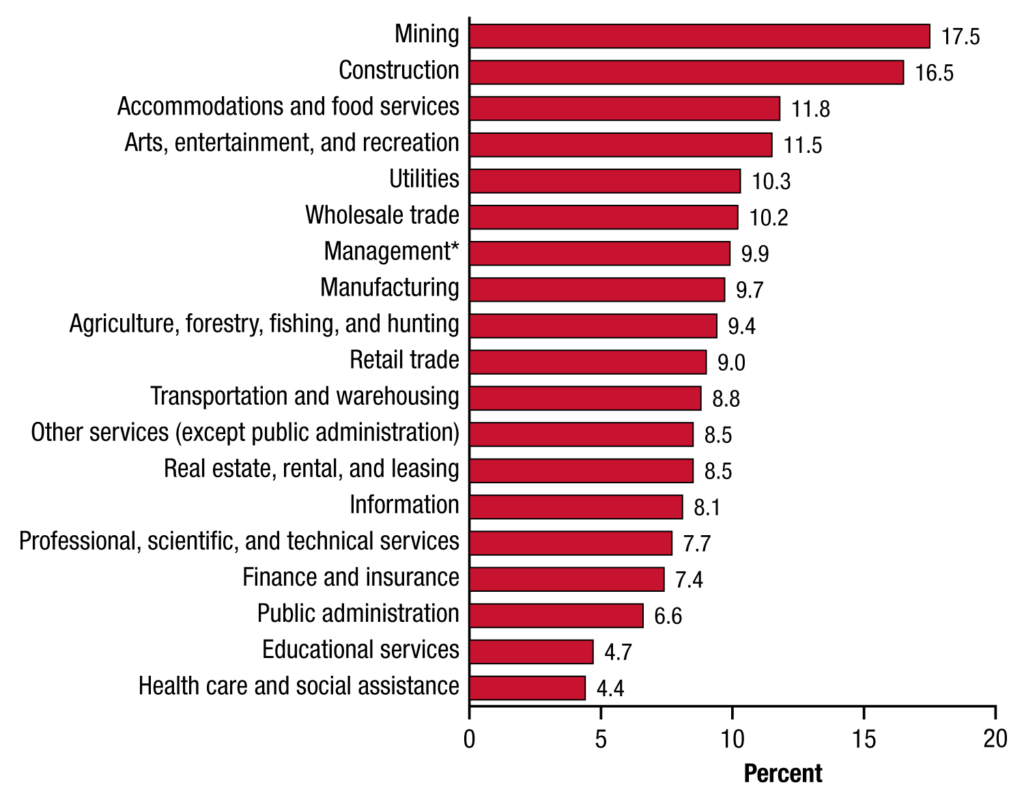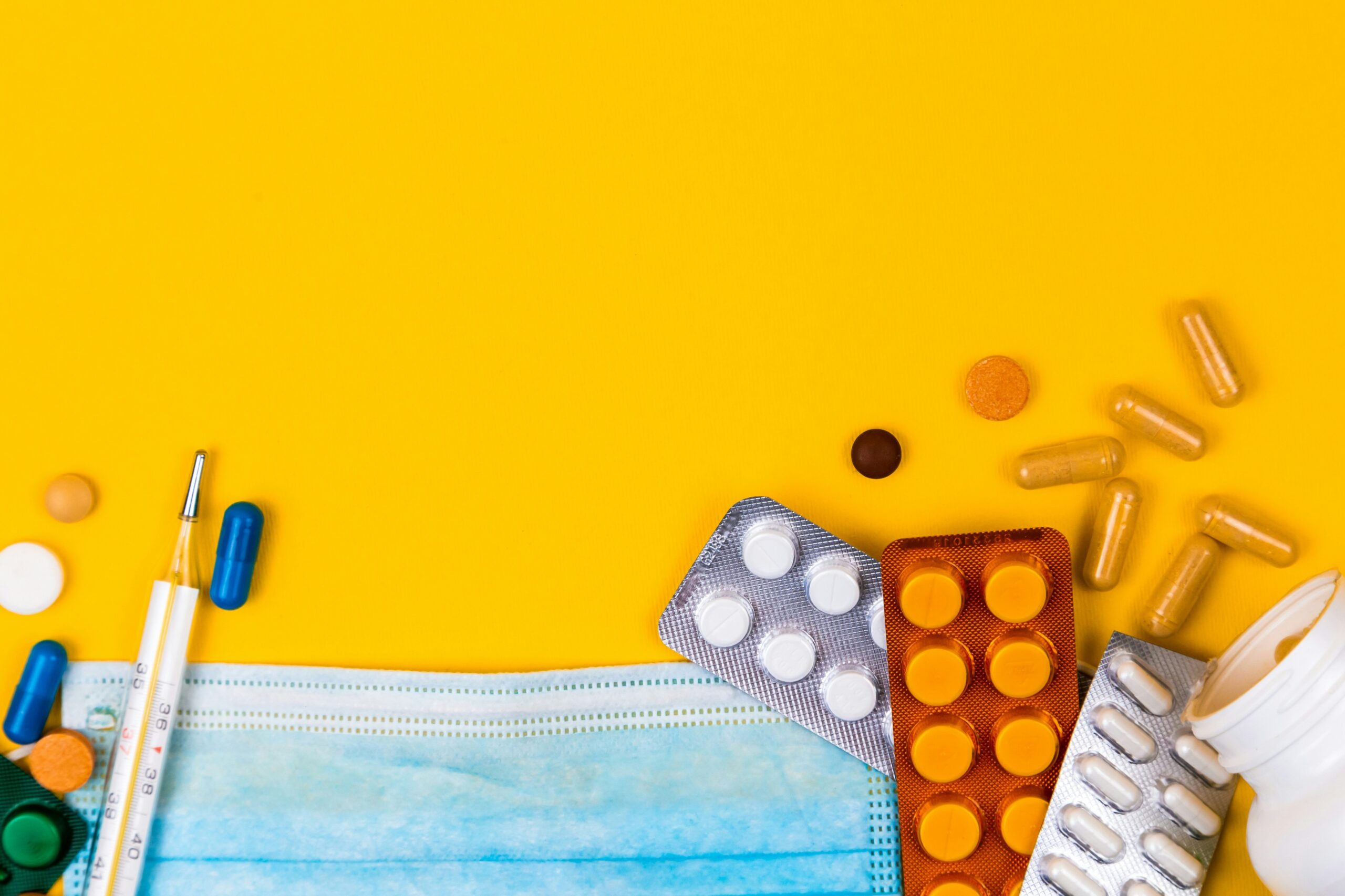Drugs and alcohol fit into social life in numerous ways; however, one must also be conscious of the thin line that stands between social life and risky behavior.
Being able to realize the line between recreational drug use and substance abuse can be the key to keeping you or your loved one safe and healthy with addiction treatment therapy.
But What Is Recreational Drug Use?
Recreational drug use means the periodic use of substances like alcohol, marijuana, and prescription drugs, for such a behavior that is controlled. As recreational drug users, one uses the drugs at social gatherings, like parties, or just when hanging out with a few friends. They can abstain from it when desired and do not feel a compelling urge to take these substances regularly.
Most people who use drugs recreationally don’t let it interfere with their responsibilities, like school or work.
What is Substance Abuse?
This is when there is an increase—a snowball effect—in the use of this drug, and the potential it brings of causing complications. Substance abuse is unlike recreational use, as it knows no frequency or the much one is taking the drugs they likes. He might start putting drug use at the top of his priority list, more than the areas of importance such as health, relationships, or schoolwork.
If the use of drugs causes harm, such as interfering with life in school, poor grades, having problems with their friends and families, making a person feel dreadfully unwell, that’s for sure a sign of abuse. In such a scenario, one should immediately seek the help of a Substance Abuse Treatment to prevent the situation from getting worse.
Substance use and substance use disorder rates varied significantly across different industries. Full-time workers aged 18 to 64 had an average past-month heavy alcohol use rate of 8.7%. However, this rate fluctuated considerably among industries. For instance, workers in the mining industry exhibited a notably higher rate of 17.5%, while those in healthcare and social assistance reported a significantly lower rate of 4.4%.

How Can Treatment Programs Help?
That is where addiction treatment programs come into the picture; if someone has a drug problem, medical care and counseling are provided to get them back on their feet and start living healthily.
The most appropriate addiction therapy programs are focused on patients, such as Cognitive-Behavioral Treatment and Dialectical Behavior Treatment.
The former drives the process of change of thoughts and drug-use-related behaviors, while the latter teaches feelings management and relationship improvement skills. These therapies are key in teaching someone how to cope in a better way and avoid returning to drug use.
Alternative Therapeutic Therapies and Programs
Acceptance and Commitment Therapy (ACT) is another sort of behavioral therapy that has been applied in the treatment of addiction. This therapy teaches clients how to accept feelings rather than to fight them, and makes them commit to favorable changes even when things get tough.
A Partial Hospitalization Program may be recommended for those needing more intensive help. The PHP offers structured treatment during the day but allows individuals to go home at night. It supports them while giving them some independence.
When to Ask for Help
It is necessary to know how to distinguish between recreational drug use and substance abuse to do something about it. If you use drugs too often, or the one close to you uses them very frequently, experiences problems, and finds it hard to stop, then professional help needs to be sought.
Substance Abuse and Addiction Treatment Programs will be able to help furnish the skills and supports allowing one to overcome their addictions to live a healthier life.
Final Statement
Early help-seeking can stop drug use from becoming a bigger problem. Getting the right treatment—Cognitive-Behavioral, Dialectical Behavior Treatment, or Acceptance and Commitment Therapy—may make all the difference in this journey to recovery.
FAQs: Recreational Drug Use vs. Substance Abuse
What is the difference between recreational drug use and substance abuse?
Recreational drug use refers to the occasional or infrequent use of a substance for pleasure or enjoyment. Substance abuse, on the other hand, involves using a substance in a harmful or excessive way that leads to negative consequences.
What are the risks associated with each type of drug?
The risks associated with drug abuse vary depending on the type of drug and the individual’s health and circumstances. Some potential risks include overdose, addiction, liver damage, heart problems, and mental health issues.
How can I tell if someone is struggling with substance abuse?
If you notice changes in a person’s behavior, appearance, or relationships, it may be a sign that they are struggling with substance abuse.




























